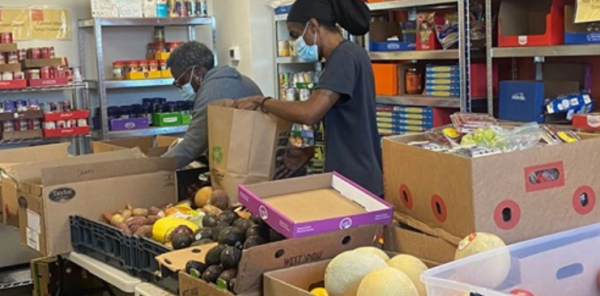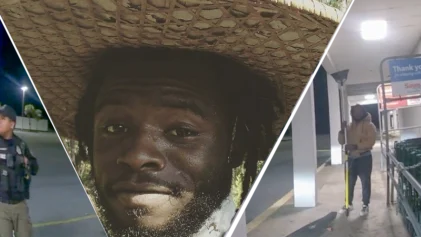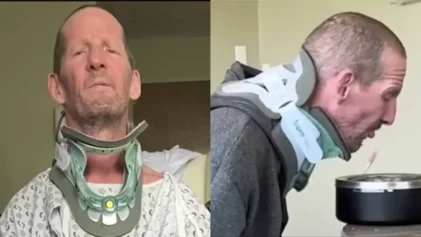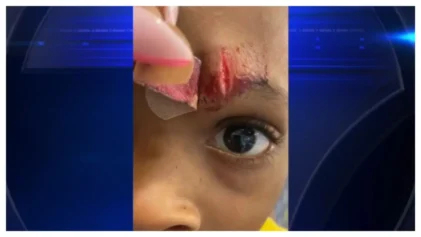A Kentucky nonprofit that provides outreach to marginalized communities was recently the recipient of a “six-figure donation” of “reparations” from a white donor who discovered their great-grandfather owned slaves.
The benefactor received a considerable windfall of wealth upon their 25th birthday, which prompted them to investigate their family history to discover from whom the money originated, NPR and other outlets reported this week.
Nannie Grace Croney, deputy director of Change Today, Change Tomorrow, the nonprofit granted the payment, said at a Memorial Day news conference, “They investigated their family history to find out their great-grandfather had enslaved six individuals in Bourbon [County], Kentucky.”
The donor was unable to search for the descendants of the enslaved individuals because his great-grandfather did not keep documentation of their names. They were conscious of how stockpiling wealth has led to much of the country’s inequality, and “decided that they should give most of it away.” Croney said.
The donor has preferred to remain anonymous, but they reside in the South, according to the nonprofit. They have never set foot in Kentucky, and chose to wire money to the foundation after finding it on the internet, Croney said.
A statement by the donor was issued in which they explained the reasoning behind their deed.
“He inflicted the trauma and violence of slavery on six people for his own monetary gain and did not even bother to record their names. Although no amount of money could ever right that wrong, their descendants deserve repayment for what was taken.”
“It is a blessing for us but also definitely owed,” said Taylor Ryan, the founder and executive director of Change Today, Change Tomorrow.
Change Today, Change Tomorrow offers food, education and other community resources for the Louisville population, and also provides resources to help Black-owned businesses.

“We predominantly serve the west end of Louisville, which is a predominantly Black, low-income area,” Andreana Bridges, an administrative associate at the nonprofit, told NPR.
The organization is thankful for the unexpected gift, but realize that the work is not done, and real change requires more than just money to be successful.
“We are very grateful on one hand,” said Bridges. “But on the other hand, we understand that the work that we do requires this type of investment in order to be sustainable.”
“We don’t have the luxury to kind of just sit on it, so it’s literally money that’s going to go right back into the community,” she continued.
The Louisville Courier Journal described how the group intends to use the donation, writing, “Ryan said the nonprofit plans to put 40% of the money toward supporting the organization’s staff, while another 40% will go to sustaining their community outreach efforts and 20% is put into reserve.”
The donor is now appealing to other white people to pay reparations, including those whose families did not own slaves
“As white people we all unfairly benefit from racism,” the nonprofit said the donor stated.
“We have to be willing to part with what was stolen, and do so without expectations of praise or control over how the money will be spent,” they said.


